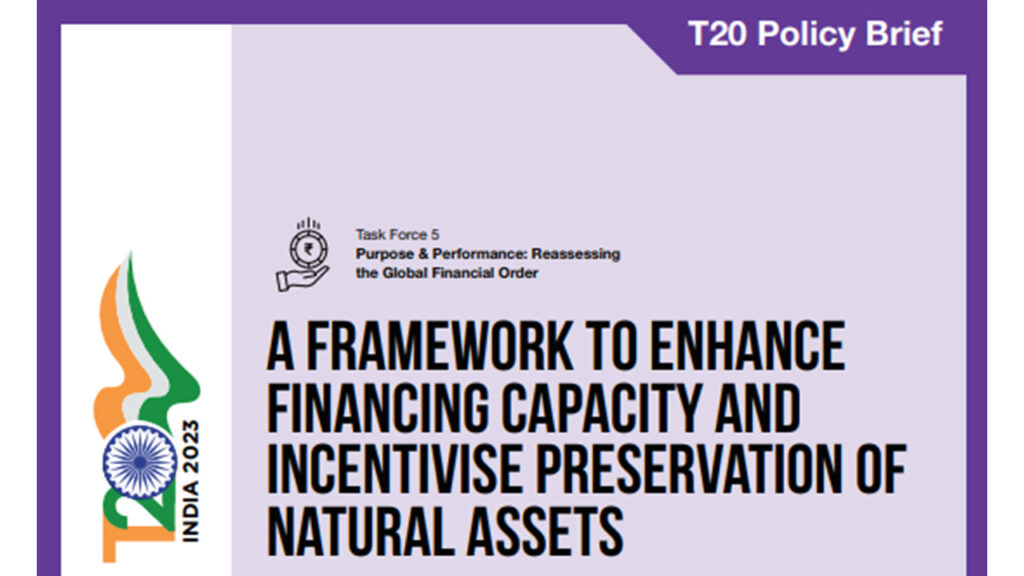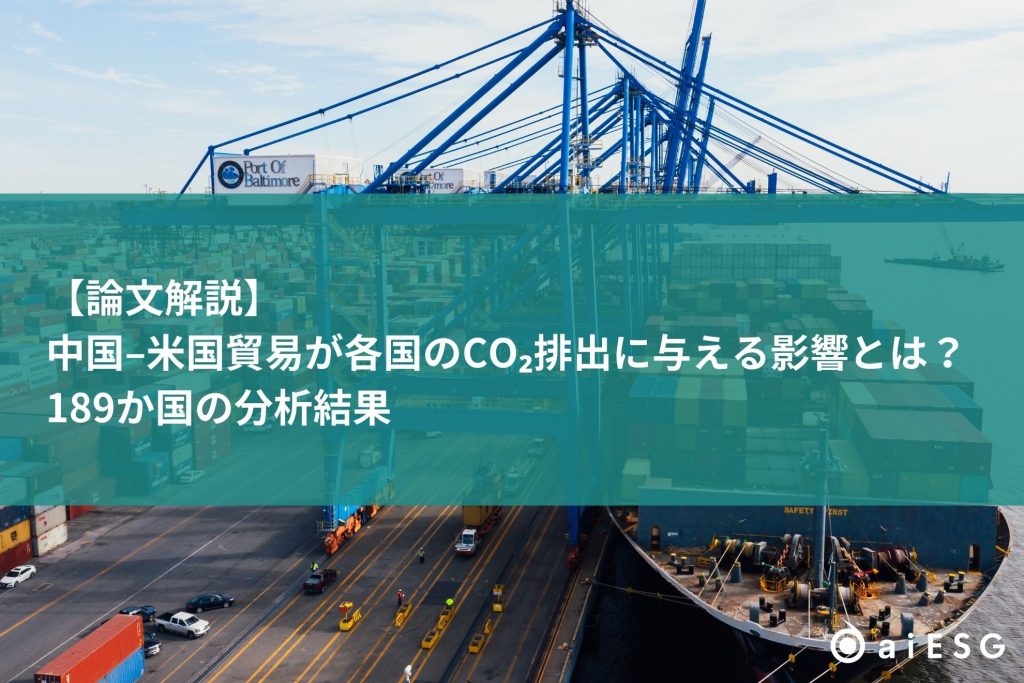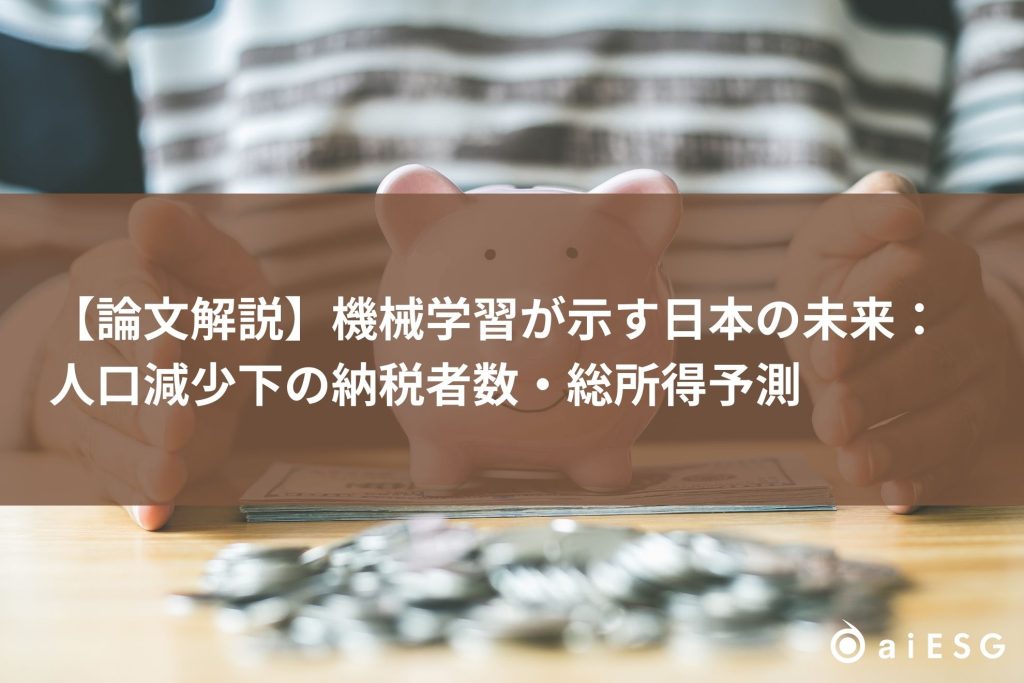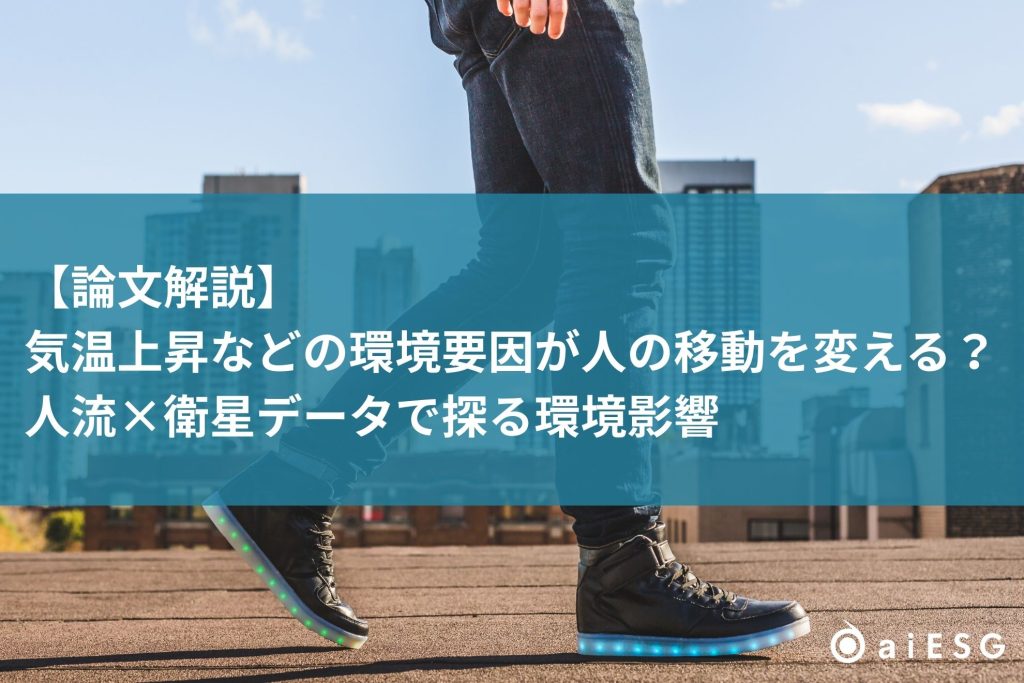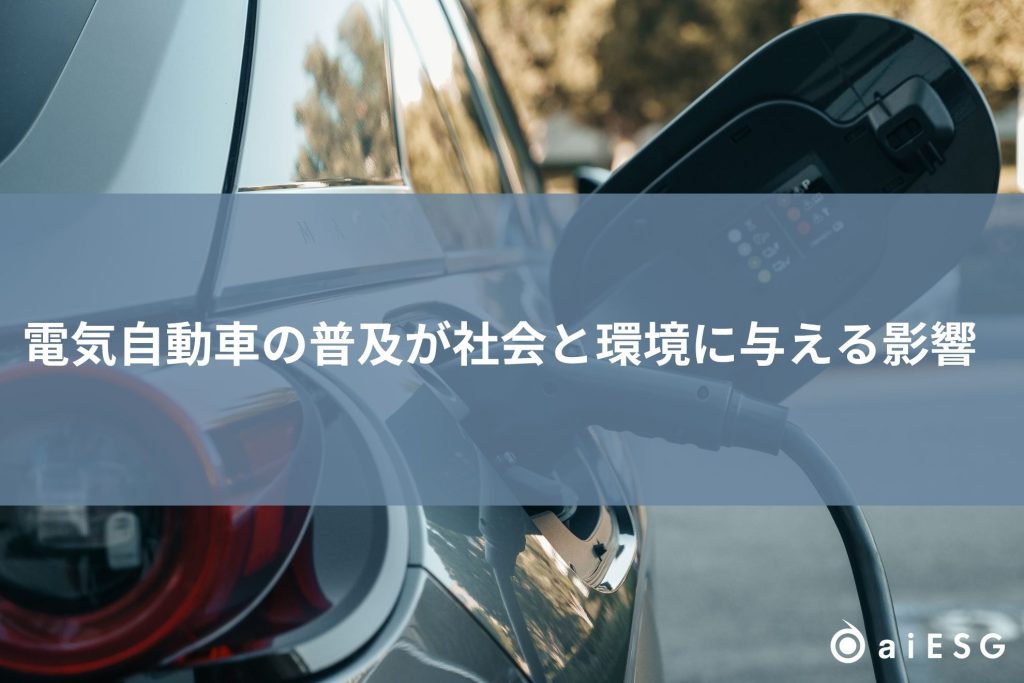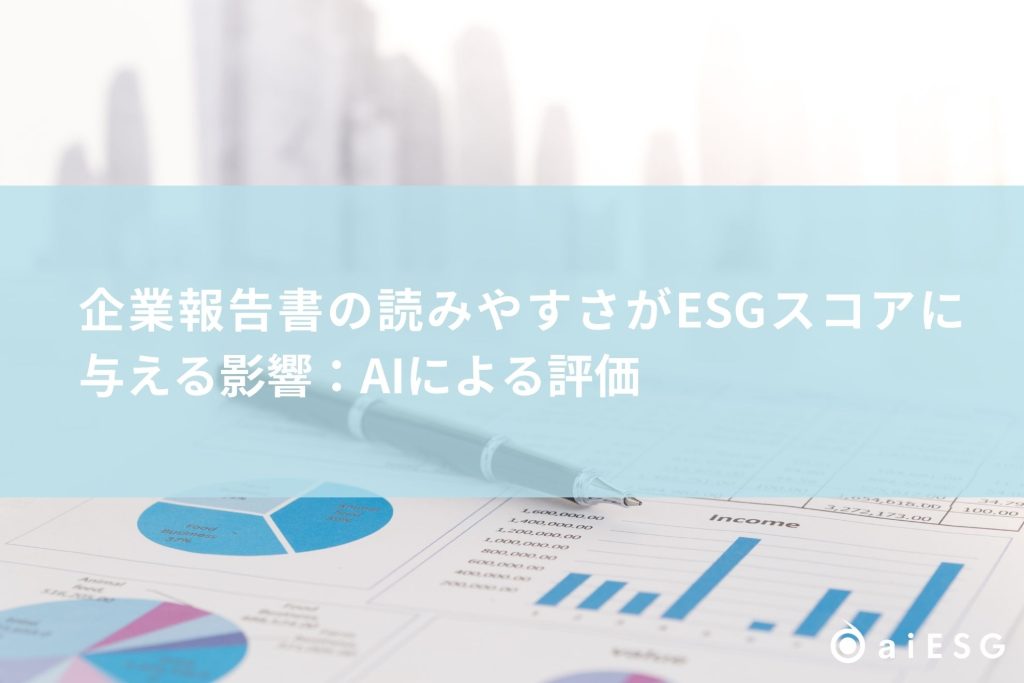INDEX
Hello!
This report, submitted by our President Shunsuke Managi and our Director and Chief Researcher Keeley Alexander Ryuta, provides a policy brief on "Mechanisms to Promote Financing to Encourage Natural Capital Conservation".
The T20 (Think20), which is positioned as the "Idea Bank" of the G20 and consists of experts and think tanks from the G20 countries, will hold a symposium at 2023 India on the "Idea Bank", which will feature a presentation by Shunsuke Managi, President and CEO of T20, and Keely Alexander Ryuta, Director and Chief Researcher of T20, entitled "The Idea Bank: How to Create an Idea Bank".Mechanisms to facilitate financing to encourage the preservation of natural capitalA policy brief was adopted regarding the
A Framework to Enhance Financing Capacity and Incentivise Preservation of Natural Assets
https://www.orfonline.org/research/a-framework-to-enhance-financing-capacity-and-incentivise-preservation-of-natural-assets/
This is the second T20 policy brief adopted this year.
This policy brief is positioned in Task Force 5: Reassessing the Global Financial Order (Purpose & Performance: Reassessing the Global Financial Order).
Challenges in Natural Capital Preservation
The challenge of preserving natural capital has never been more urgent.
While natural capital provides local benefits, it also contributes to global public goods enjoyed by all countries, such as biodiversity and ecosystems that contribute to climate regulation.
With more than half of the world's GDP dependent on nature ([1]United Nations, 2022), climate change and many other threats facing society show that natural capital is an essential component of the productive base of the economy (see[2]Agarwala et al. 2022).
Because the cost of conservation usually falls on the host country in many cases, the amount of natural capital held by the host country is generally large ([3]World Bank, 2021) Developing countries will bear a heavier burden (see[4]Managi and Kumar, 2018). However, placing the responsibility for natural capital conservation on developing countries is not only unfair, but also unfeasible.
On the other hand, fiscal pressures from COVID-19 and the long-term slowdown in global growth ([5]Kose and Ohnsorge, 2023By the "soft loan" method, fiscal resources in developed countries are strained and large intergovernmental financial transfers in the short to medium term are not feasible. Therefore, today's limited fiscal resources can be used for intergovernmental soft loansnote 1and bilateral aid, the amount available through traditional financing instruments has not reached the level needed to support developing countries in their efforts to combat climate change and other environmental goals.
Therefore, low-cost alternative funding sources are urgently needed to fill this gap.
This Policy Brief offers suggestions for increasing the availability of development funds while preserving natural capital.
To increase the availability of development funds to conserve natural capital,
● Assuming that natural capital needs to be measured consistently and comprehensively across the country,
● Show that this can be achieved by creating innovative financial instruments that leverage the conservation of natural capital as the basis for low-cost financing for developing countries.
Role of the G20
Access to finance and the preservation of natural capital in developing countries are closely related to the G20. Most of the debt of developing countries is financed by G20 countries. Therefore, if the debt repayment capacity of developing countries facing climate change and biodiversity loss is not secured, the G20 countries will be directly affected.
As a forum that brings together developed and developing countries, the G20 is in a position to influence international financial institutions (IFIs) to internalize and leverage natural capital for financing. can also give impetus to This would help popularize and mainstream the concept of natural capital in economic and financial decision making.
The conservation of natural capital has many benefits, from improving resilience to climate change to promoting biodiversity conservation, and it can help achieve the Sustainable Development Goals (SDGs) and the goals of the Paris Agreement. It can also help achieve the goals of the Sustainable Development Goals (SDGs) and the Paris Agreement, and the G20's incentives for developing countries to conserve natural capital could have far-reaching positive consequences not only for member countries but also for the international community.
Recommendations for G20 Countries
Recommendation 1: Proposed Funding Mechanisms
In order for MDBs and IFIs to provide developing countries with affordable financing to support natural capital conservation, it is important to understand the potential long-term benefits of natural capital conservation and to develop alternative financing mechanisms.
The following conditions are necessary for realization
The benefits of preserving natural capital are clear, measurable, and monitorable.
Lenders must be willing to trade a low rate of return on investment for the benefits.
Have a means of verifying that commitments to natural capital conservation will be honored in the future
● Responding to currency instability in developing countries
Recommendation 2: Proposed Funding Framework
There are at least three opportunities for G20 lender countries and IFIs lenders to directly incorporate natural capital considerations into their lending operations.
● Provide preferential borrowing terms for demonstrated preservation or accumulation of natural capital assets
Lender countries and International Financial Institutions (IFIs) will consider "insuring" their loans against natural disasters based on natural capital conditions and trends.
Lender countries and IFIs are required to provide conservation debt swap*2to condition natural capital enhancement or climate change-related actions on the use of bought-down markdowns.*3The difference between the debt and the debtor country may be returned to the debtor country
Recommendation 3: Support Natural Capital Accounting
● Allow the measurement of natural capital to be adjusted to local conditions and standards.
In order to make the preservation of natural capital a condition for low-cost financing, it is necessary to meet the standards of the international System of Environmental and Economic Accounting (SEEA), but it is important to allow developing countries to adjust their natural capital measurement methods to local conditions and standards to enable them to comply with such standards.
Reconciliation of national accounting standards, corporate accounting standards, and public accounting standards
Maintaining a statistical time series that quantifies natural capital and links the environment to the economy is an essential planning tool. Data quality depends on public, reliable, accessible, timely, and comprehensive sources of information and clear communication between natural capital quantifiers and information providers.
Improved data collection mechanisms
Natural capital accounting requires the integration of large amounts of data from many sources and, in some cases, multiple modeling approaches. Coordination is especially necessary for environmental economic statistics because expertise is dispersed across government agencies.
We propose a framework to promote natural capital conservation through changes in financing and accounting mechanisms.
Please read on.
1 Soft loan: A loan provided to developing countries on moderate terms by the International Development Association (IDA), which was established in response to requests from developing countries that the interest rates charged by the International Bank for Reconstruction and Development (IBRD), which is primarily engaged in providing development loans to developing countries, are too harsh.
2 Nature conservation debt swap: A swap in which developed countries, NGOs, etc. shoulder the accumulated debt owed by a developing country in exchange for a commitment to establish protected areas or promote other nature conservation measures in that country.
3 Markdown: A price decrease from the price set at the start of the sale.
Bibliography
[1]United Nations. "Countries to Consider Ground-Breaking Change to Economic Reporting That Includes Natural Capital." United Nations (2022).https://www.un.org/en/desa/countries-consider-ground-breaking-change-economic-reporting-includes-natural-capital.
[2]Agarwala, Matthew, Matt Burke, Patrycja Klusak, Moritz Kraemer, and Ulrich Volz. "Nature Loss and Sovereign Credit Ratings ."(2022).https://www.bennettinstitute.cam.ac.uk/publications/biodiversity-loss-sovereign-credit-ratings/.
[3]World Bank. The Changing Wealth of Nations 2021: Managing Assets for the Future. The World Bank (2021). https://doi.org/10.1596/978-1-4648-1590-4.
[4]Managi, Shunsuke, and Pushpam Kumar. Inclusive Wealth Report 2018: Measuring Progress Towards Sustainability. 1st ed. London: Routledge (2018). https://doi.org/10.4324/9781351002080.
[5]Kose, M., Ayhan (Ed.), and Franziska (Ed.) Ohnsorge. Falling Long-Term Growth Prospects: Trends, Expectations, and Policies. World Bank : Washington, DC (2023). https://doi.org/10.1596/39497.
[Introductory Bibliography
Keeley, A. R., Halimatussadiah, A., Brodjonegoro, B., Agarwala, M., Adriansyah, M., Smith, R., Kurniawan, R., Lufti, R. E., gikami, Managi, S., & Takeda, S. S. (2023, July). Policy Briefs T20 for the Presidency of the G20 in 2023, The G20 Insights Platform, Global Solutions Initiative Foundation. Observer Reserch Foundation,A Framework to Enhance Financing Capacity and Incentivise the Preservation of Natural Assets. https://www.orfonline.org/research/a-framework-to-enhance-financing-capacity-and-incentivise-preservation-of-natural-assets/?
Related page
T20 Indonesia
https://www.t20indonesia.org/
Commentary] G20 T20 India2023 Policy Brief on Comprehensive Measurement of National Wealth Growth Using the New National Wealth Indicators
https://aiesg.co.jp/topics/report/20230530_t20india_report/

